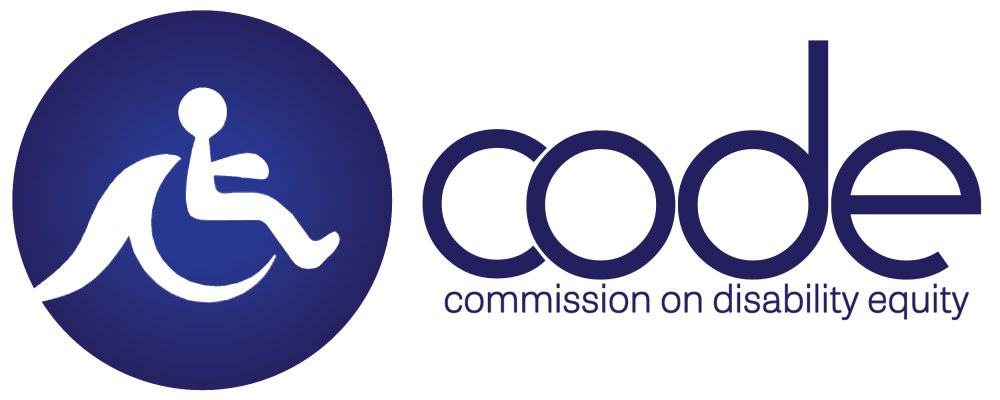The following page is adapted from Sophia Lee-Park’s 3-Pillar Plan, an intersectional, holistic approach to universal access, disability visibility, awareness, justice, appreciation, and collective liberation.
CODE is dedicated to creating a platform that celebrates and commemorates disability history and culture. We recognize that in order to fulfill our dream of making UC Santa Barbara a more accessible and inclusive institution, the entire campus community must be involved. Each of the following are interconnected pillars that hope to provide the academic, emotional, and communal support that students with disabilities need to thrive on our campus.
1. Emotional and Hands-On Communal Engagement and Support:
The Commission will enhance the emotional and mental well-being of students in the disability community, by…
- bringing visibility and attention to the ways that ableism intersects with racism, sexism, and other systems of oppression and discrimination
- establishing the Disability Community Care Space for students to emotionally connect, build cross-disability solidarity, and support one another.
- creating various neurodiversity groups that will be facilitated by students (especially post-pandemic). Here, all students can comfortably discuss their unique but shared experiences and challenges they cope with, especially the college transition process as individuals with unique backgrounds, aspirations, stories, and abilities.
- highlighting the availability of mental health, physical disability, and other basic needs resources
- educating the campus community on the complexity and diversity of disability, disability activism, history, life, and culture through trainings and outreach
- holding quarterly awareness/acceptance months, stimulation workshops, and other student fueled campaigns
2. Educational Support and Opportunity:
The Commission will ensure the academic success of disabled students, by…
- creating a scholarship opportunity bulletin, which will be posted and updated in the DSP office and our Scholarship and Career Opportunities webpage
- hosting CODE office hours to provide people-centered peer guidance and advocacy
- working to establish an Honors Society for students with disabilities, where we can celebrate student’s academic achievements and honor the DSP Department
- organizing student voices to mobilize support for UC Santa Barbara’s Disabled Students Program and improve or grow future and existing services
- Developing a concrete system to facilitate campus student feedback with the help of DSP, facilitating student feedback on-campus accessibility issues, and more
- Creating and promoting leadership career and advocacy opportunities in the UC System and higher education (UC Systemwide Advocacy) such as the UCSA
3. Peer Mentorship Program:
The Commission will empower new students to develop meaningful social relationships with peers, by…
- advocating for increased universal accessibility and inclusivity of Freshman and Transfer Welcome workshops and events (plans include: promoting DSP services to new students, making space for disabled representation in student panels, etc.)
- hosting CODE social meet-and-greet events with closed captioning and other necessary accommodations
- helping DSP and disabled students organize accessible campus tours and advising students of all abilities. Please visit this link to view what these future peer-led presentations intend to look like.
For more information…
If you are interested in reading the original document on Sophia’s plans for the future of CODE, you can click the following link
